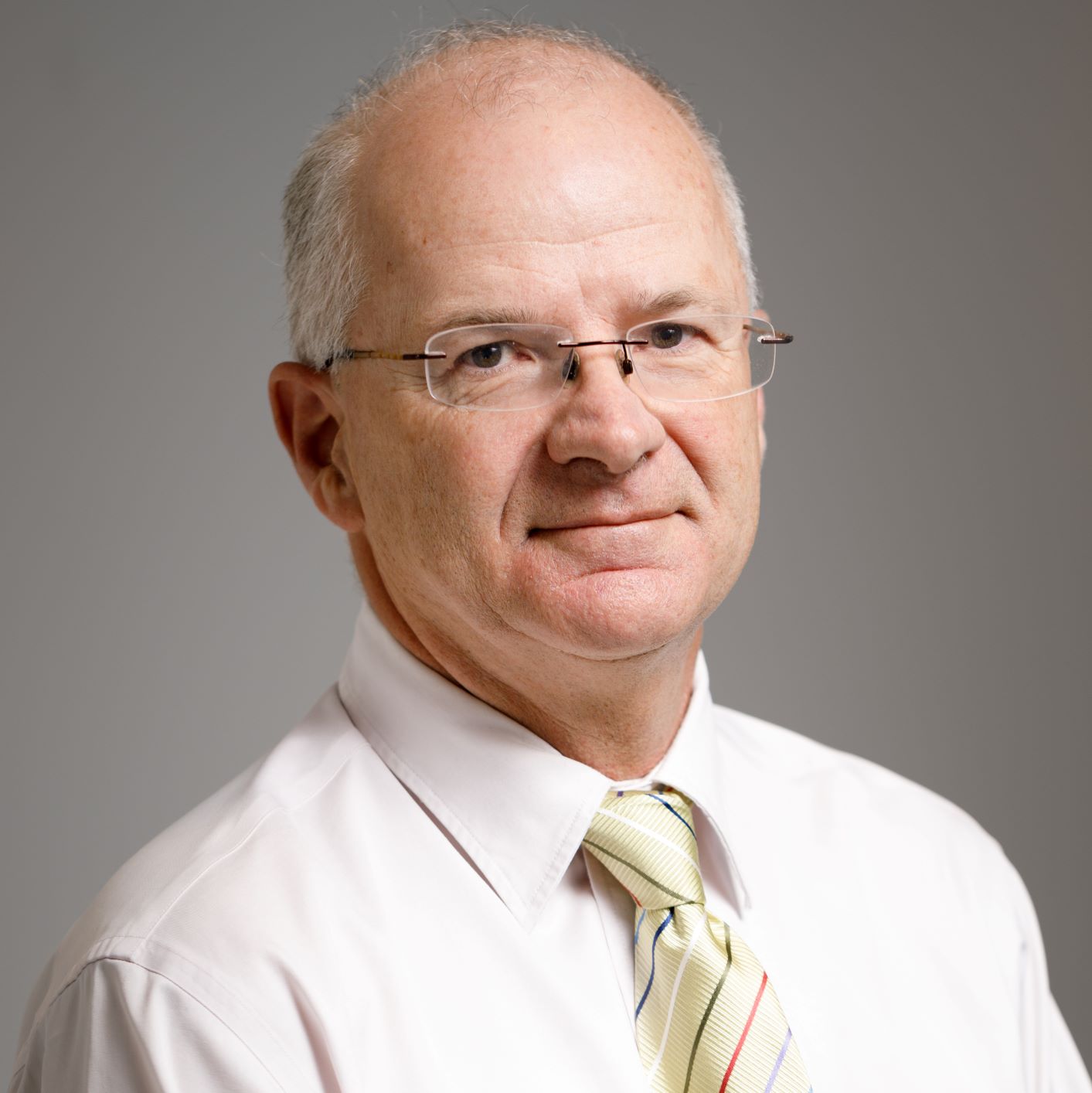Not conclusive – seek medical advice first says ASPREE investigator
Healthy people of all ages should consult their GP prior to commencing aspirin for disease prevention. That’s the advice from Professor Mark Nelson in response to new research that suggested aspirin may reduce the risk of women developing colon cancer.
He said the study reported that women taking low-dose aspirin on alternate days for 18 years were a 20% less likely to develop colorectal cancer. The study also reported an increase in gastrointestinal bleeding in the aspirin group.
“Even in low doses, aspirin has side-effects. The elderly are more likely develop bowel cancer than middle-aged people, however, they are also more likely to experience side-effects of aspirin such as bleeding,” said Prof Nelson, Chief Investigator to ASPREE (ASPirin in Reducing Events in the Elderly) the largest primary prevention aspirin study ever undertaken in healthy older adults.

“Knowledge about whether aspirin should be used for prevention of cancers in males and females of all ages, will come only from clinical trials that measure all of the potentially positive and negative effects of the drug in that age group.”
The Women’s Health Study of almost 40,000 women aged 45 years and over was recently published in the Annals of Internal Medicine. The study found that aspirin did not affect the risk of women developing breast or lung cancers.
ASPREE is an international trial of daily low-dose aspirin in up to 19,000 participants. The Monash University-led study will determine the overall benefit/risk balance of low-dose aspirin in healthy people aged 70 and over and was recently awarded funding from the US National Cancer Institute to closer investigate the association between aspirin and cancer prevention in the elderly.
Results of the ASPREE study are expected around 2018.
Prof Nelson, who is also a practicing GP, recommends that healthy people of all ages should consult their doctor prior to commencing aspirin for disease prevention.
“This paper is very interesting and adds to a growing link between aspirin and cancer especially colorectal cancer. However the findings should not be considered conclusive or applicable to everyone,” said Prof Nelson.
Updated 23.03.2021




